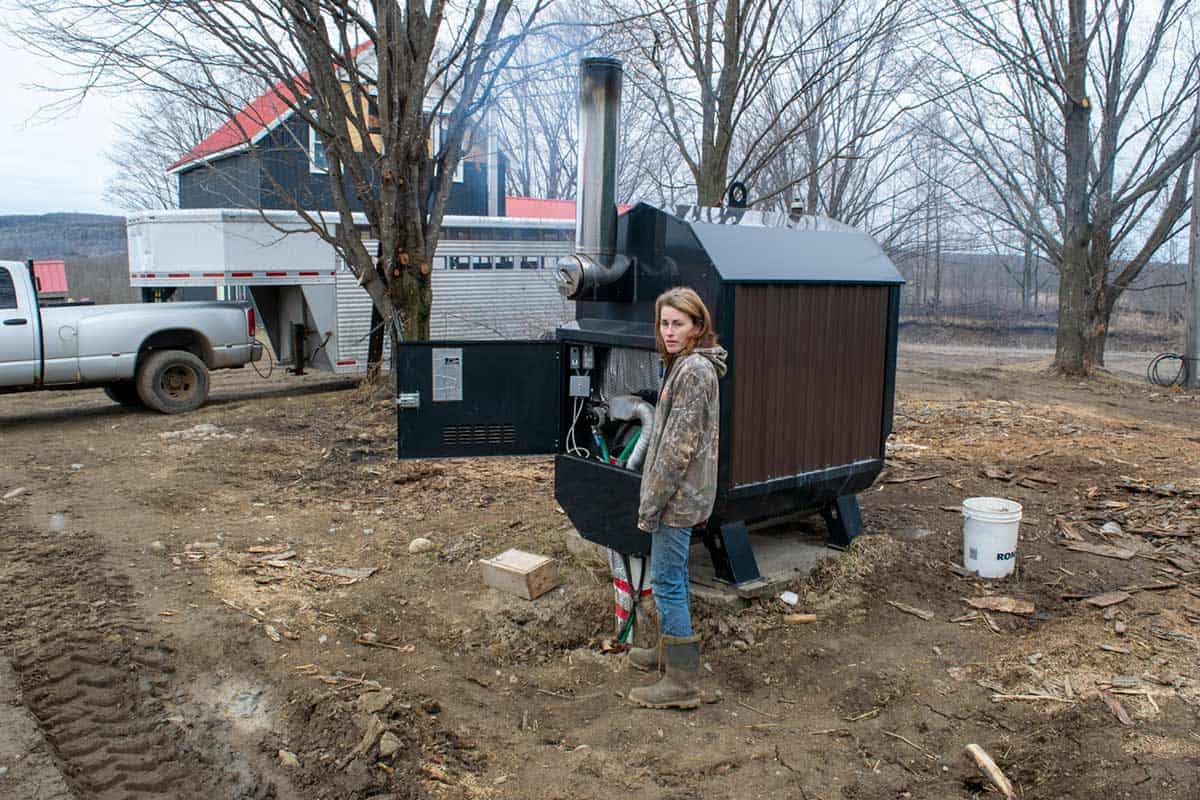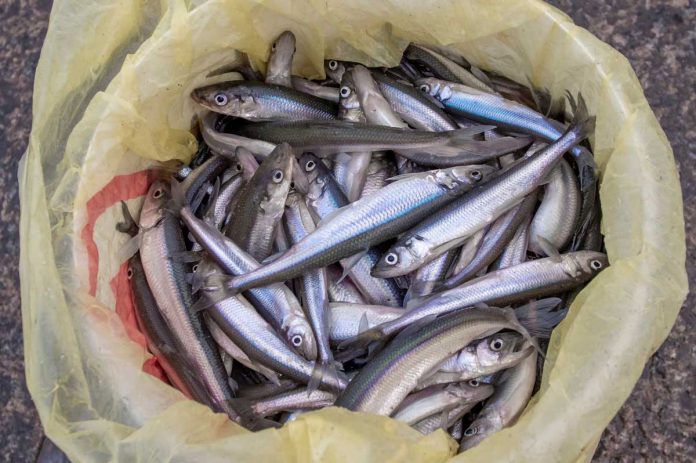SHEGUIANDAH – The Pyette/Cyr family continues to grow and expand Sheguiandah’s Pike Lake Farms, with this past cold season seeing the construction of a 5,000-square-foot greenhouse and a massively improved maple syrup system that the family expects will triple this year’s output—nature willing, of course.
“We’ve been working at it for a while but everything takes time. We spent the winter getting the pipeline up and started planting the greenhouse in February; we’re hoping to get stuff ready for when strawberry season hits (usually in the later part of June),” says Katie Cyr, the next generation of the Pyette family who has her eye on taking over the operations some day.
The changes stand out before one even reaches the farm’s driveway. From the intersection of Pike Lake Road and Indian Mountain Road, a sweeping hill offers views of the Pyette homestead and a massive light-coloured greenhouse, standing next to a former horse barn that the family has converted into a sugar shack beginning this season.
The maple operations are the first stop on today’s visit, as Ms. Cyr’s father Greg Pyette stands next to a large, brand-new stainless-steel evaporator, stoking its hungry firebox with a steady supply of wood as he constantly drains off a trickle of syrup from the end of the long unit.
The family has been making syrup for the better part of two decades but this machine, as well as two large stainless holding tanks, a reverse osmosis (RO) system, a filter press and a new bottler, has revolutionized the process this year.
“It’s quite a big step up from what we had before. We were going to do these upgrades over time and Katie’s been a big part of trying to get our farm built up again. Then, the Advancing Northern (Ontario) Maple Program came out, which was a 50/50 cost share of new equipment up to $40,000; it was a good incentive, so we jumped into it,” Mr. Pyette says.
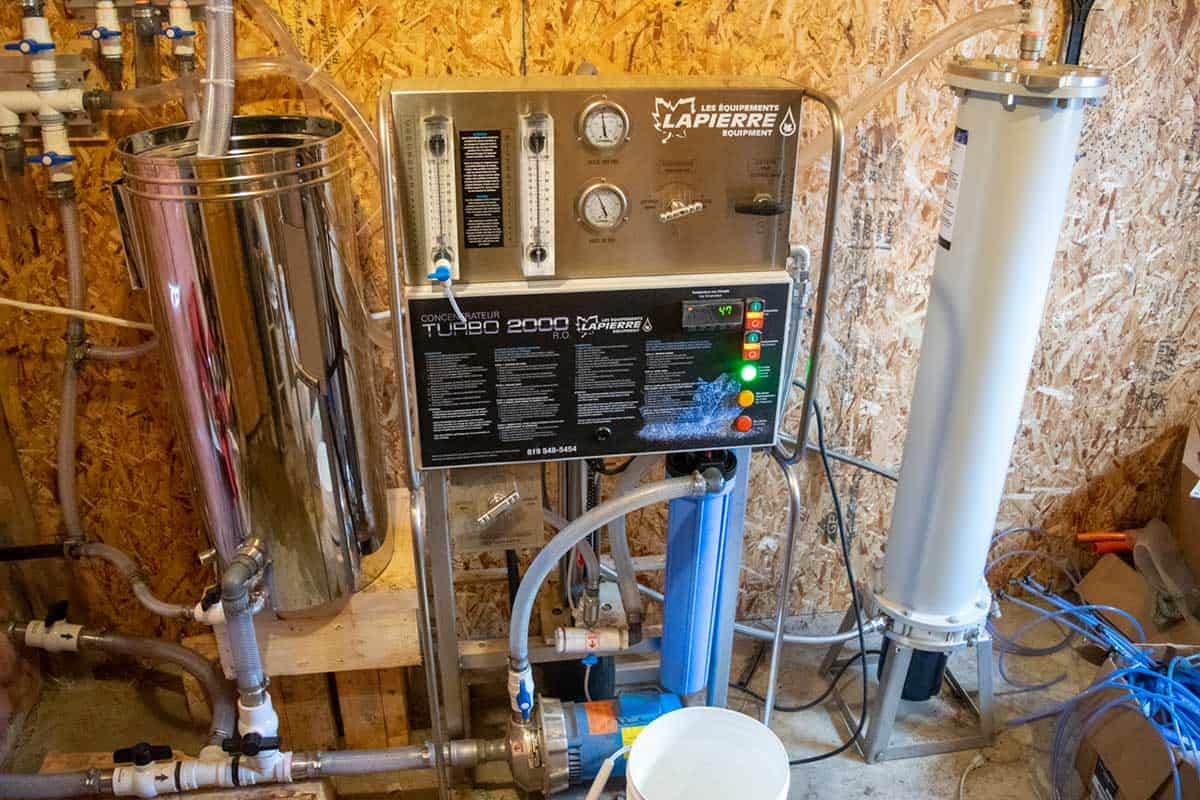
Last year, the family had about 600 bucket taps in the sugar bush portion of their property. This year, 25,000 feet (that’s 7.62 kilometres) of pipelines connect 1,800 taps to two main lines, one at the base of each half of their six-acre tap zone, which then run down via gravity to a large holding tank at the low portion of the bush.
Twice a day, Mr. Pyette takes his tractor with a trailer-mounted tank and makes the muddy trek into the bush to pick up the sap.
There’s quite a lot of output. Standing next to the tank, the sound of sap entering the vessel sounds like a garden hose running a steady flow.
The advantage of the pipeline, in addition to its reduction of manual labour, is that the pipelines can stay largely in place, with taps removed, in the off-season. This will save considerable amounts of labour.
When the sap arrives at the sugar shack, it first goes through another new piece of equipment—an RO machine. As described in the Burt Farm story of March 24, this equipment removes water from the sap to reduce the required amount of boiling time.
Pike Lake Farms has its dialed up to remove 75 percent of the water. Mr. Pyette shows the room that houses the RO machine with its abundance of pipes and valves—each purpose has a specific configuration of valve positions and this has taken some getting used to, as Ms. Cyr shares in a story about the time she mistakenly routed some of the reduced sap into the drain before catching the issue.
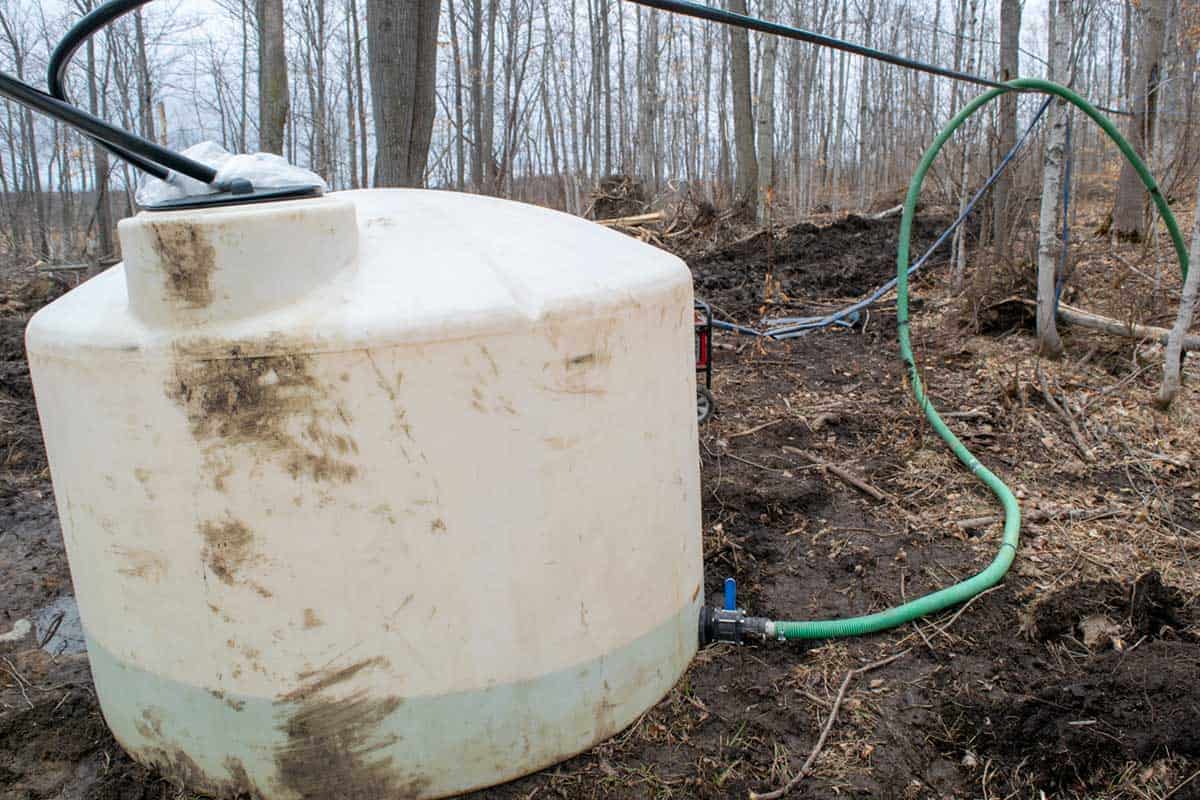
“We never want to compromise the quality of our product,” she says of the sometimes-controversial new technology.
The Pyette/Cyr family likes their syrup thick, so they boil it down farther than many other producers. All that boiling gives it a deep sweetness to match the viscosity.
“It’s not quite corn syrup consistency but it definitely sticks to your pancakes,” says Ms. Cyr.
This season has netted the family 400 litres of syrup so far, which they had hoped would be higher, but the weather has not been co-operating.
When the warm season comes, the sugar shack will serve as the new storefront for customers to buy their farm-fresh foods. The family sells its syrup at the farm for $20 per litre.
Next to the shack is a towering greenhouse that is still young in its maturity as the family spends this time determining which plants grow best and what will make the most sense as a permanent installation.
Currently, there are five types of tomatoes, a few types of cucumbers, broccoli, cabbage, lettuces, radishes, an abundance of peas, pole, yellow and green beans, peppers and sunflowers, which will hopefully be ready for Mother’s Day bouquets.
“We’re hoping to make it a year-round operation. Local Food Manitoulin’s got a big push on right now for food security, so we’re trying to help add to that and be able to offer local food year round. During the pandemic, when the supply chain broke down, everybody started to know where their food comes from,” Ms. Cyr says.
A series of radiators hooked up to hot water lines from an outside furnace ensure the greenhouse keeps warm during the coldest of nights, but the family has not had to turn it on for some time. Ms. Cyr says the greenhouse interior buried the thermometer needle past 120 degrees Fahrenheit one day at the start of spring.
To the rear of these buildings are perhaps Pike Lake Farms’ best-known crops for the past few years—a rolling hill full of strawberries.
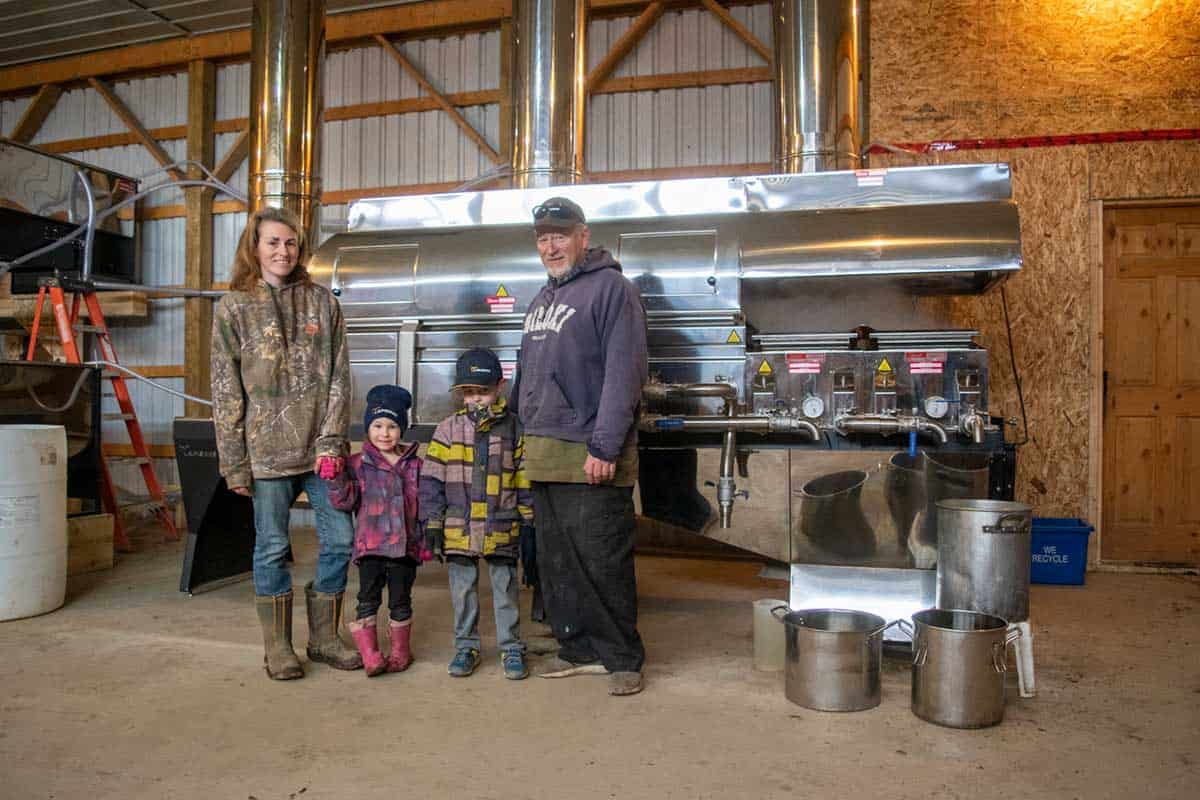
The field is smaller than in previous years but the family has widened the rows and ensured the same number of berries will be available. The wider rows more effectively use the space and also prevent row-hopping, a key element when maintaining pandemic-borne physical distancing in the fields.
Its crops of raspberries and potatoes will continue to be available this season, too.
During the peak season, Ms. Cyr says the family will try to keep the heat-tolerant strawberries growing, but if things get too warm it can also serve as extra storage space—a perennial need on the farm.
Ms. Cyr regularly posts updates about the farm operations on the operation’s Facebook page, @PikeLakeFarms.
